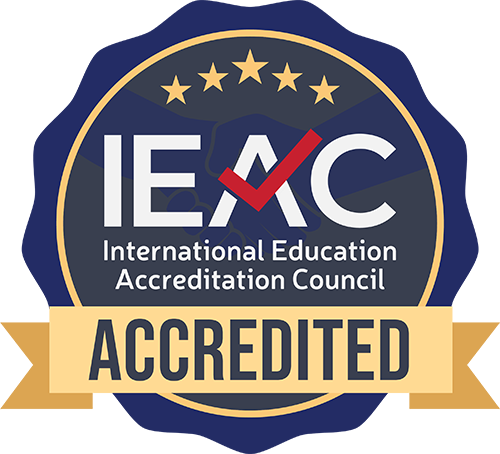
Most people start quaking when they find out they have to do a research-based program, or write a research proposal. It is actually easier than you think. Just read on to find out how to go about embarking on a research program.
The very first step in doing a research-based program is to decide what area you are going to focus on. You can write on just about anything, whether it’s a hobby or of professional interest. Generally, most people will choose an area they enjoy or that they are good in.
You could choose a hobby or past-time, let’s say, playing video games. Or you could choose an area of your own specialisation (ie. something related to your job).
Often, choosing a topic for research may depend on several factors. This brings us to the question “Why are you doing this research?”
Some people may decide to further their own knowledge in a specific field. Others may have job promotion in mind. Sometimes, people just want to “get out” and do something completely different. There are also cases of students who first started out in the particular field, but spent their working lives in another area, and who now wish to return to their original skills. Retired people often look for new challenges. There are those of course, who are more interested in the end result of the research program i.e. the diploma itself. Ultimately, it depends on the individual and this guide is to help students get the most out of their research experience.
Having chosen your area of interest, you now need to decide just exactly how much you wish to cover. This leads you to the question of “Who is this research targeted at?” Who do you expect will read or benefit from your research? Is it a work for yourself, or for your supervisor, or for scientists, or for the media? You have to decide.
Many people often have brainstorming sessions or discussions with friends and colleagues. Ideas may also come through the media and the Internet. You can draft outlines for your research using keywords, which you associate with different sub-areas to focus on.
Whatever the topic area is, theses and dissertations are usually written in a formal, impersonal manner. Using the example of video games, instead of having a title like “Children and video games” (which sounds rather vague), you could give it a more academic slant by titling your research “The effects of violent video games on children aged 6 to 12”.
Now that you have an idea of what will be in your research, you need to determine how and where you will get the information you require for the thesis/dissertation.
Make a list! Contact all the libraries in your area and see how they can help you with obtaining material and other resources for your research. Find out about Public Access Catalogues (PAC) and CD-ROM Databases in your field. Do a quick scan through the Internet for resource-rich websites. Make contact with experts or people knowledgeable in your area of research. See if your friends and family can help.
If you use questionnaires or similar methods to obtain data for statistical purposes, you will need to consider who and how to give your questionnaires to. If your questions are of a highly personal nature, you should ensure that your sample population is comfortable with answering them. Issues of confidentiality also arise and some subjects may not wish the information given to you to be made public.
Adapted excerpt from “So, You Want A PhD?” by J. NG © 1997-9.



